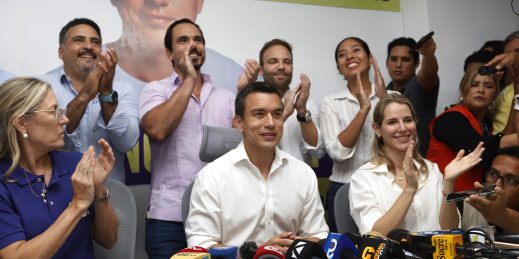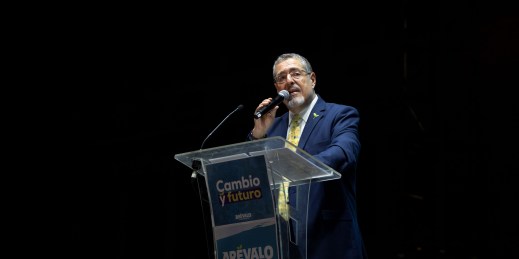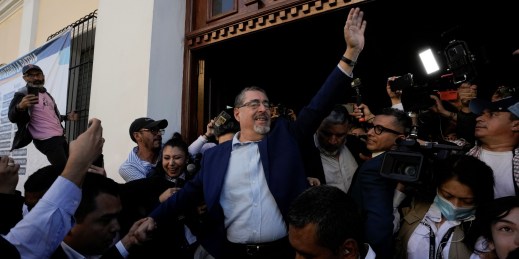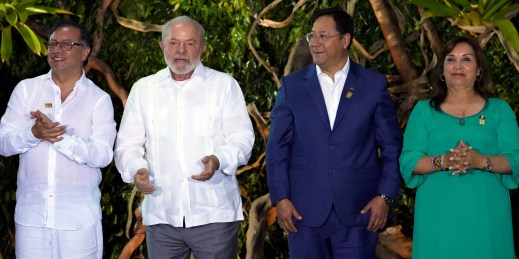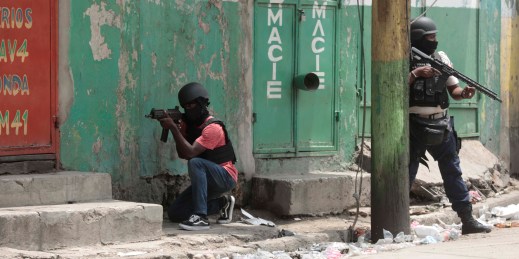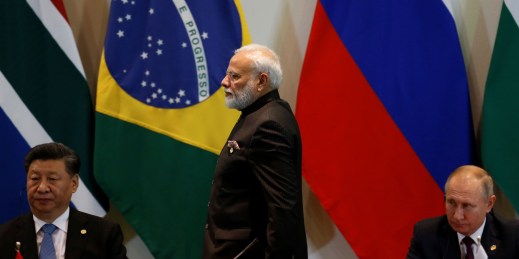
Tourism represents a major challenge to Caribbean policymakers in the face of a deepening environmental crisis. The sector is central to the economies of most island states, but it is also a source of environmental problems. To both keep tourism alive and successfully manage climate change, changes are necessary.

